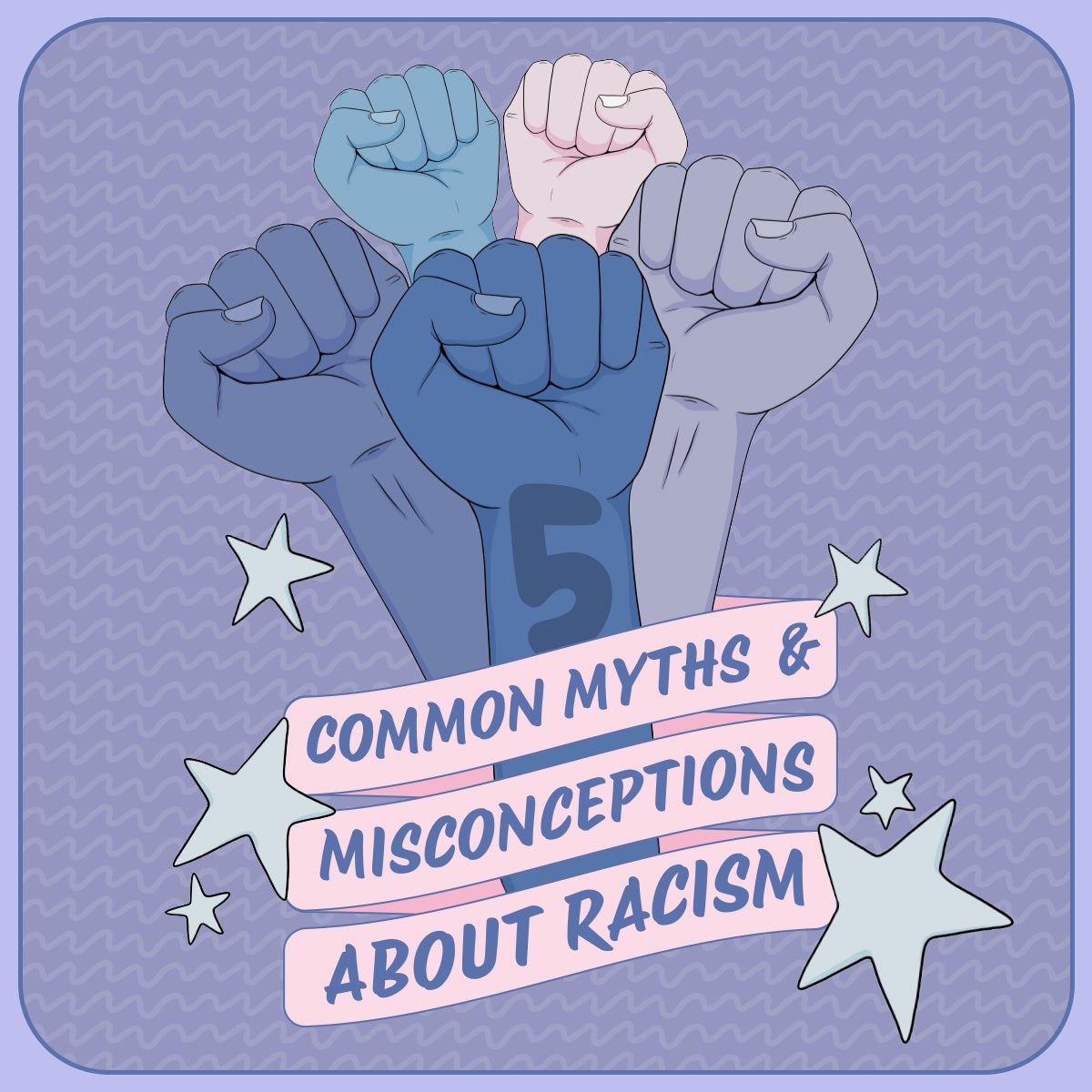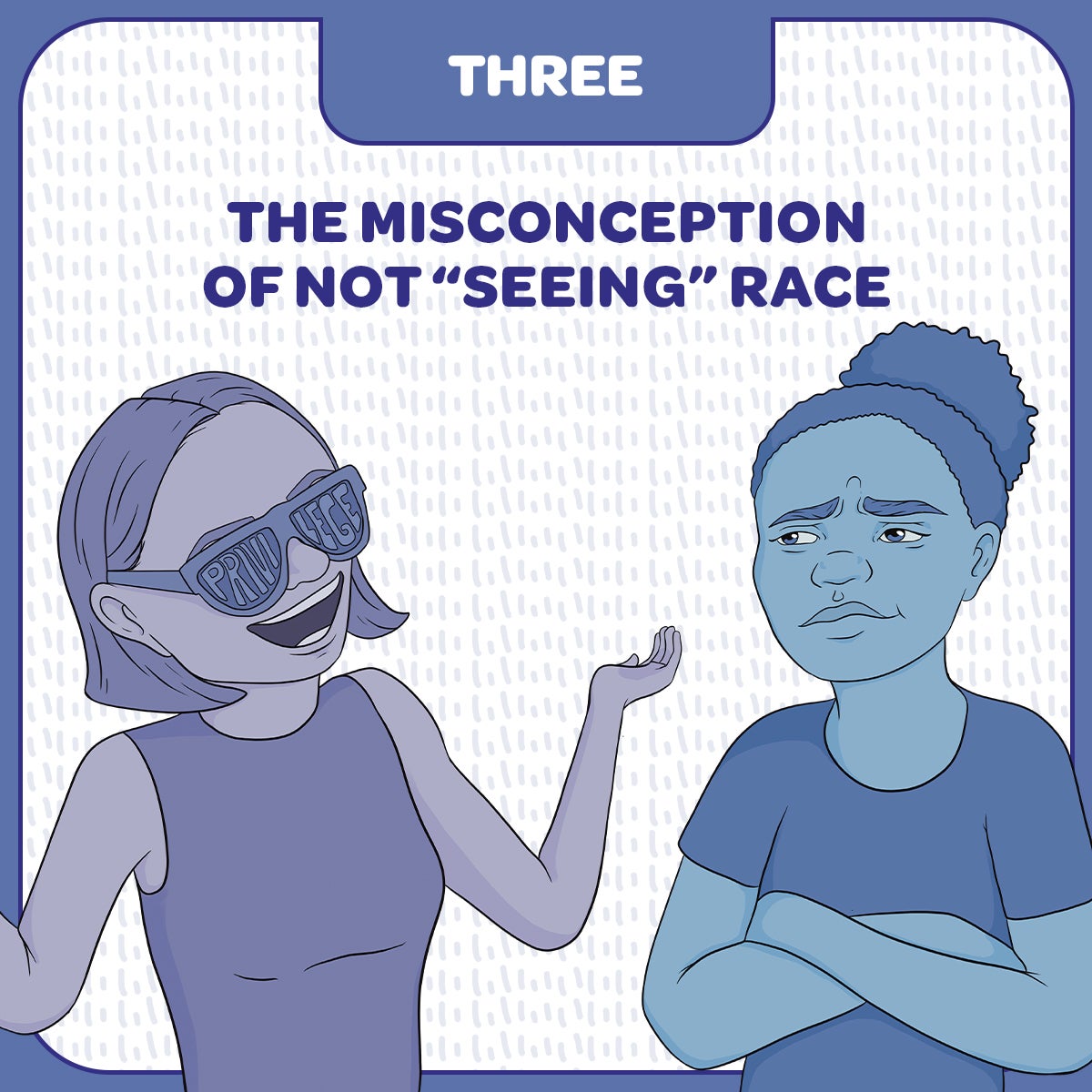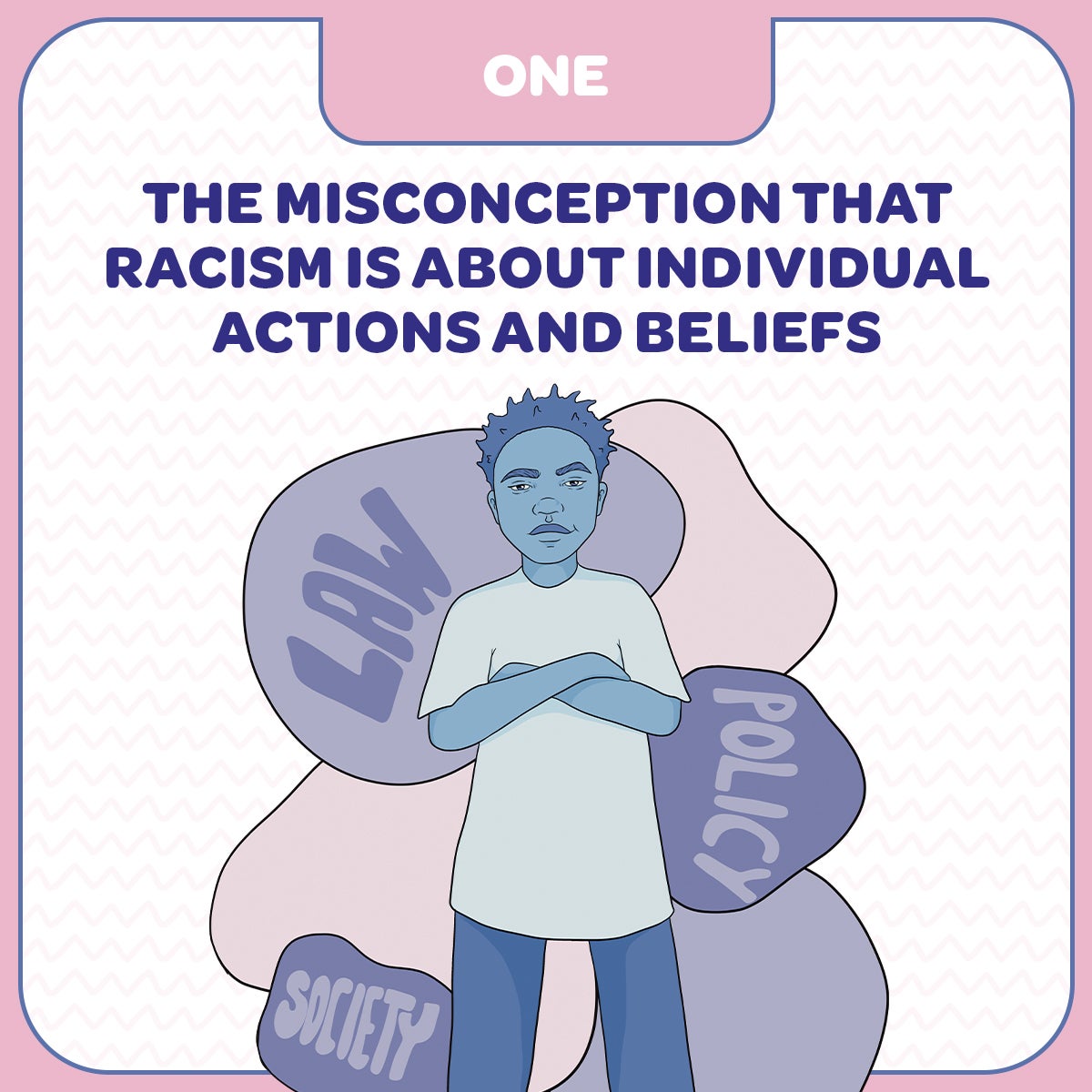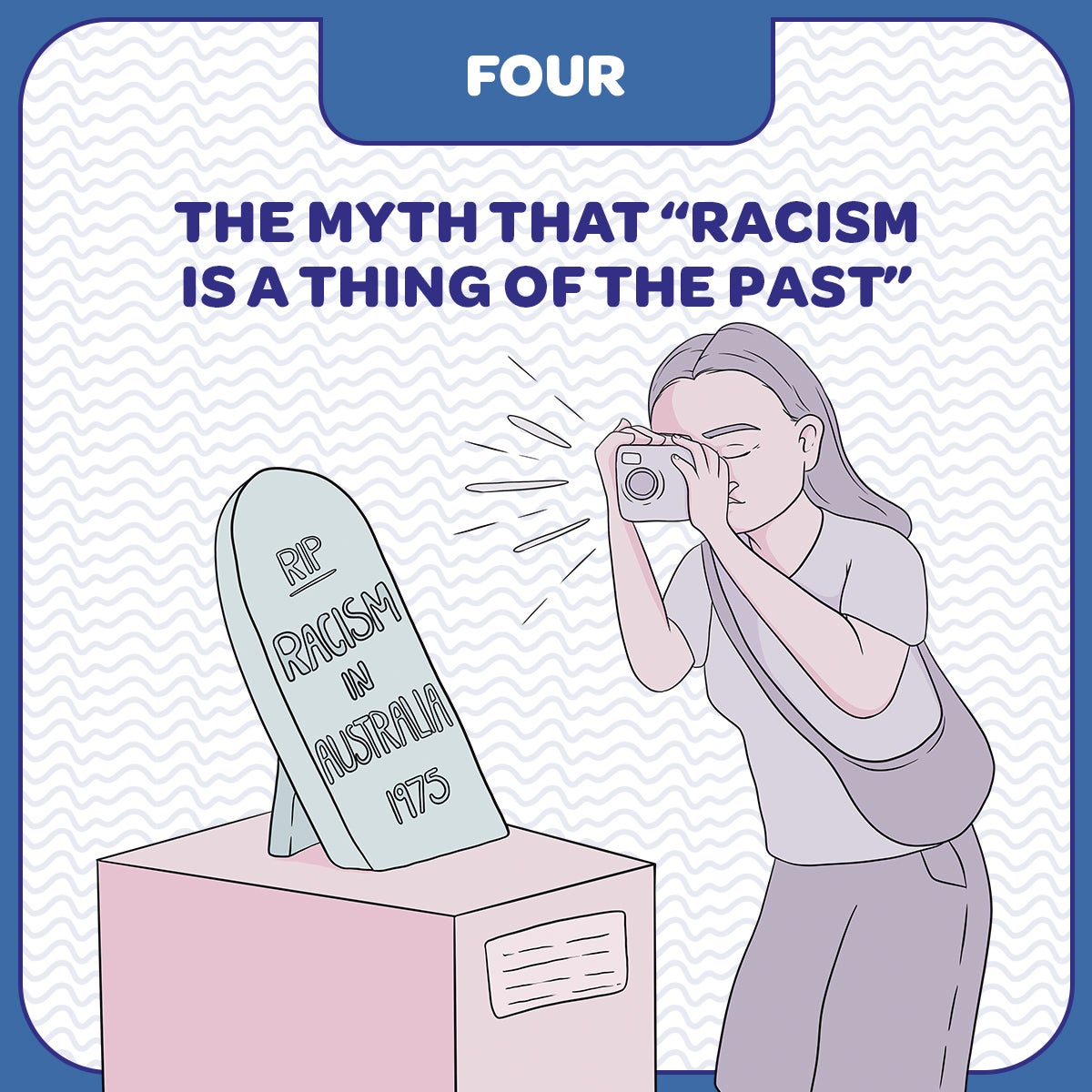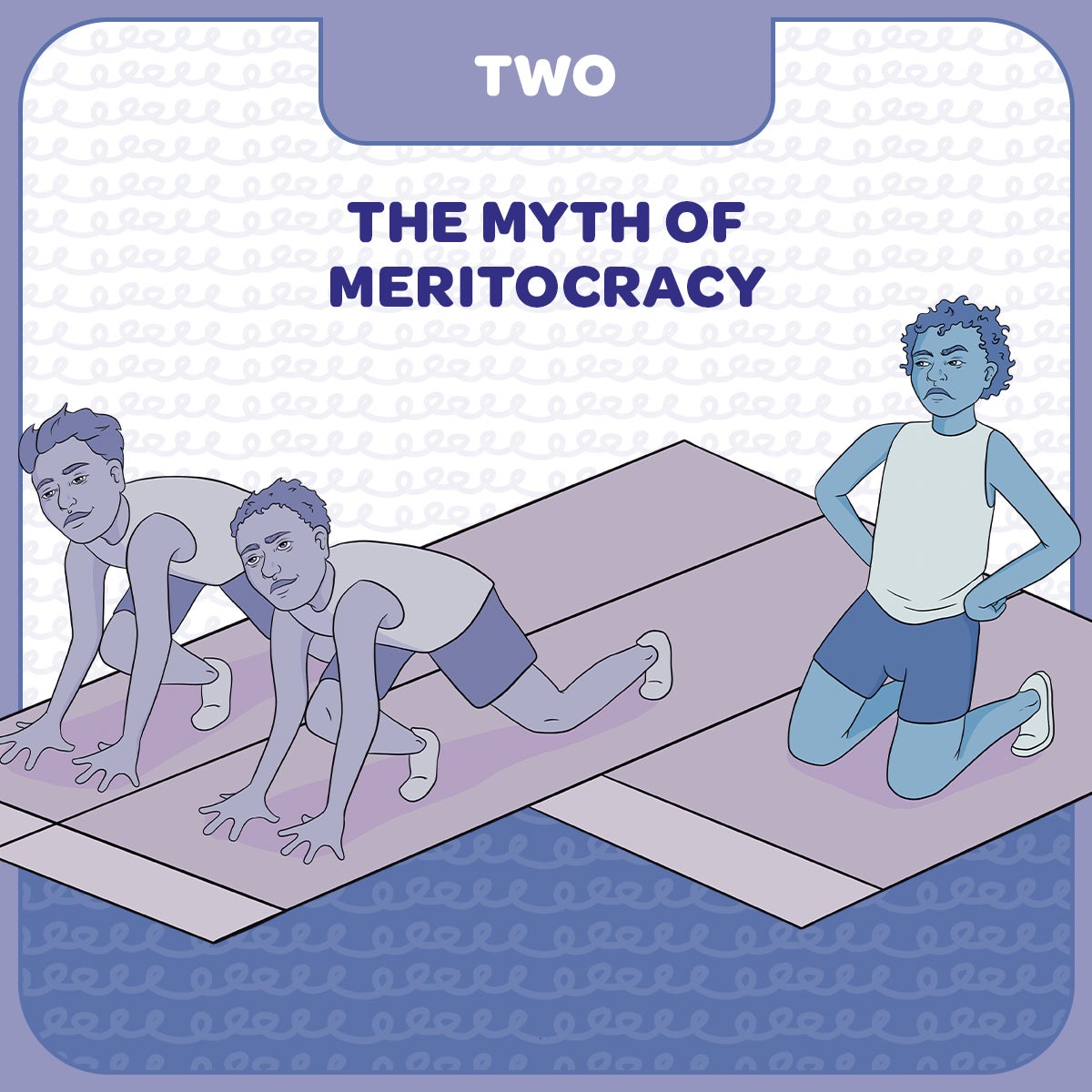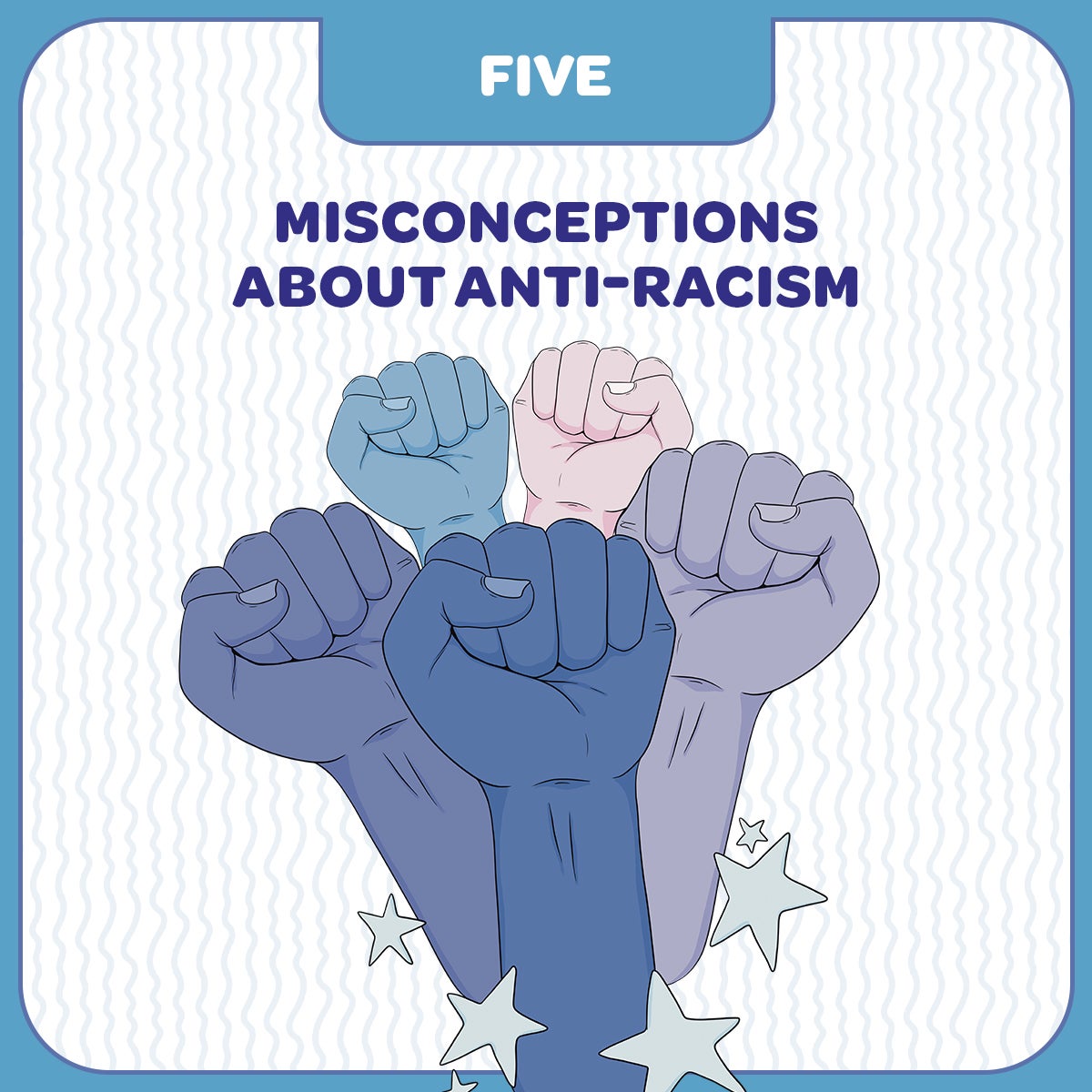National Anti-Racism Framework Scoping Report
The Australian Human Rights Commission has published a new report that provides an evidence base and vital next steps for developing a coordinated, national approach to combatting racism in Australia.
Australia’s Race Discrimination Commissioner Chin Tan said: “Urgent, collective action is needed to combat racism throughout this country. We need to treat racism as a scourge in much the same way we commit to addressing child abuse and family violence.”
“This scoping report is the next step in developing a long-term framework to guide actions on anti-racism and equality by government, NGOs, business, communities, and others.
“A national anti-racism framework will provide strategies and specific actions to tackle racism in its interpersonal, institutional, and systemic forms,” Commissioner Tan said.
The scoping report is the outcome of more than 100 consultations in 48 locations with communities, sector organisations, service providers, human rights agencies, government, and experts between March 2021 and April 2022. The Commission also received 164 public submissions – a third of which came from individuals.
As the culmination of these consultations and submissions, the scoping report identifies key considerations for the principles that should underpin a framework, three cross-cutting themes consistently raised by participants, and three sector-specific priority areas to guide this work moving forward.
One overarching principle was widespread acknowledgement of the need to centre First Nations experiences, including the experience of colonisation and its ongoing impacts.
The cross-cutting themes and sector-specific priority areas being:
-
Data
-
Education
-
Cultural safety
-
Media regulation and standards
-
Justice
-
Legal protections
The report also outlines a process solution to progress existing anti-racism work in Australia.
The Commission is pleased to announce that the Australian Government’s commitment of funding to a National Anti-Racism Strategy will allow for further comprehensive consultations and co-design processes in advancing a National Anti-Racism Framework. We would greatly appreciate and welcome your continued support during the next phase of development.
The Commission is pleased to release the interim scoping report, available for pdf download directly from this webpage, or accessible word version from this webpage of the Australian Human Rights Commission

